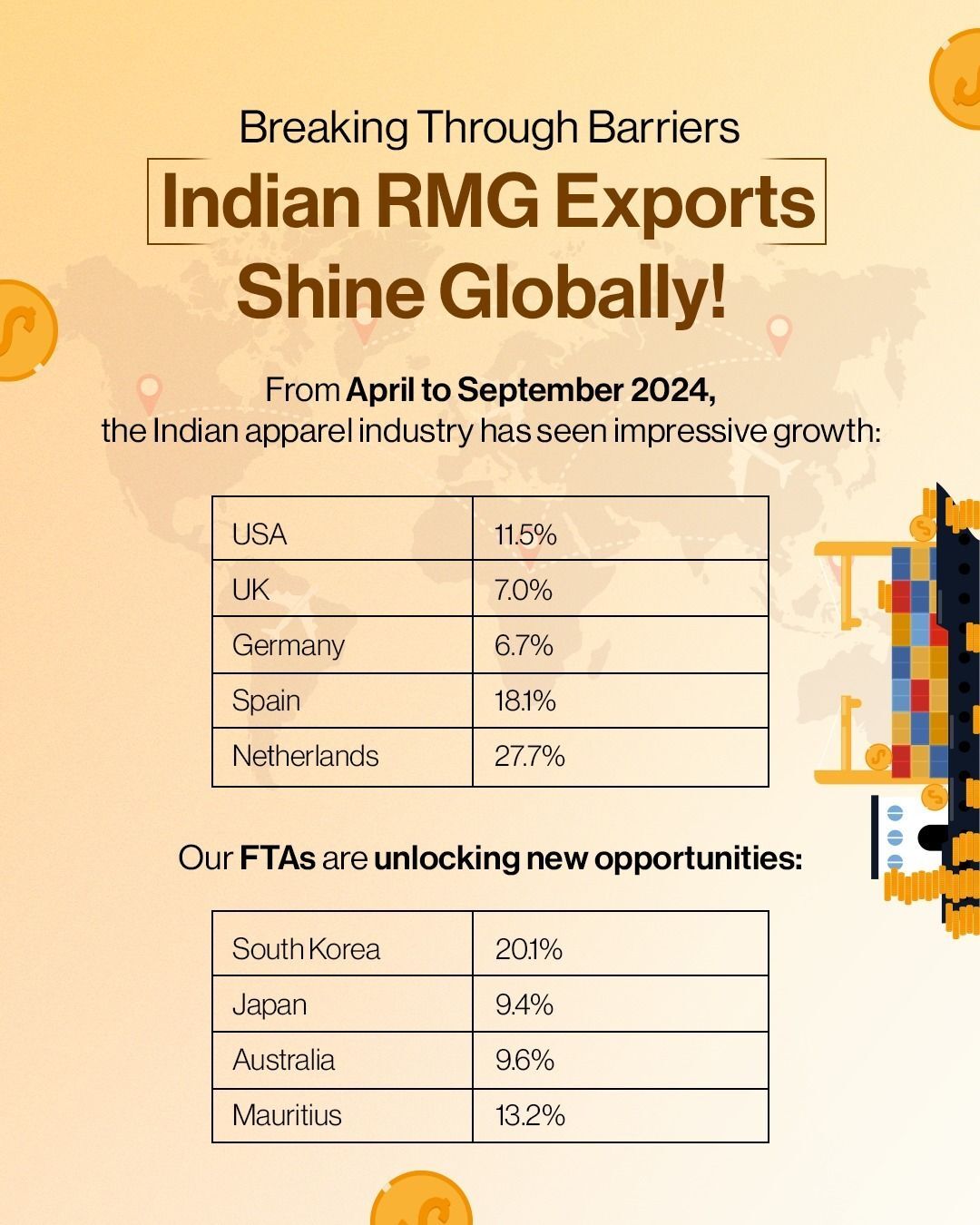Carbios, a pioneer in bio recycling technologies, has collaborated with global brands On, Patagonia, PUMA, Salomon, and PVH Corp., the parent company of Calvin Klein, to create the world’s first polyester garment entirely made from enzymatically recycled textile waste. Unlike conventional recycled polyesterlargely derived from PET bottles—this T-shirt represents a breakthrough in ‘fiber-to-fiber’ recycling, converting discarded textiles back into high-quality polyester through Carbios bio recycling technology.
The collaboration aims to establish a closed-loop production system, where polyester fibers from discarded fabrics can be fully recycled into new garments. The demonstration piece, a white T-shirt, was chosen intentionally to emphasize the recycled material's purity, made from complex textile waste mixes that include various dyes, cotton, and elastane, which are challenging to recycle through traditional methods. Carbios technology deconstructs polyester using enzymes into fundamental components (PTA and MEG) which are then repolymerized and spun into yarn.
This innovation in Carbios Clermont-Ferrand pilot facility showcases how textile waste can replace petroleum-based raw materials to produce virgin-quality polyester, significantly lowering the environmental impact by reducing landfill reliance and carbon emissions.
Production began with consortium brands contributing textile scraps, which Carbios processed and converted into monomers, showcasing the technology’s seamless integration with standard textile manufacturing. This garment reflects a critical step toward sustainable practices in the apparel industry, especially as only 1 per cent of current fiber waste is recycled back into fibers.
Carbios commitment to scaling biorecycling includes a new industrial facility under construction in Longlaville, France, and agreements with PET producers in Asia and Europe. Consortium members, including PUMA and Salomon, emphasized the importance of advancing circular solutions for polyester, targeting a more sustainable industry.
As stated by Carbios CEO Emmanuel Ladent, the technological advancement reflects the collective efforts to surmount recycling challenges and push the textile industry toward a circular future, one biorecycled garment at a time.












